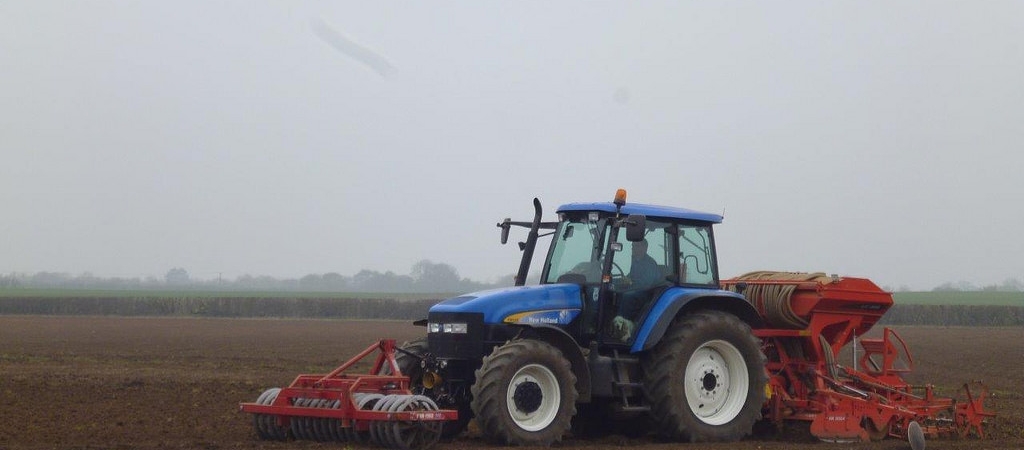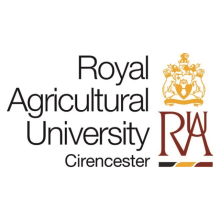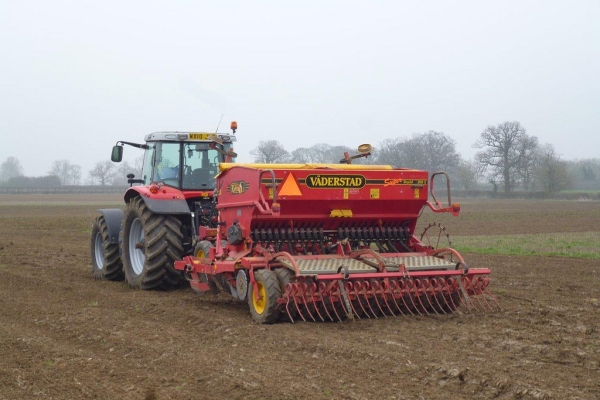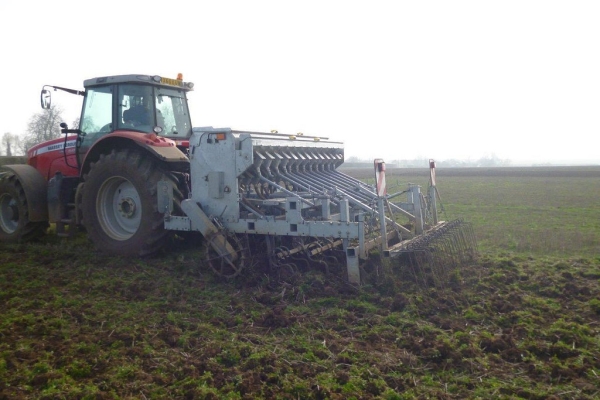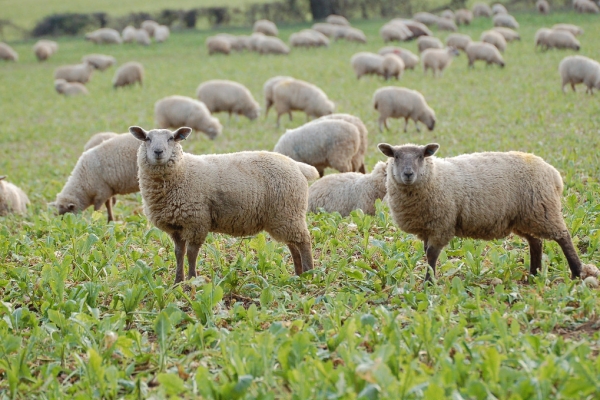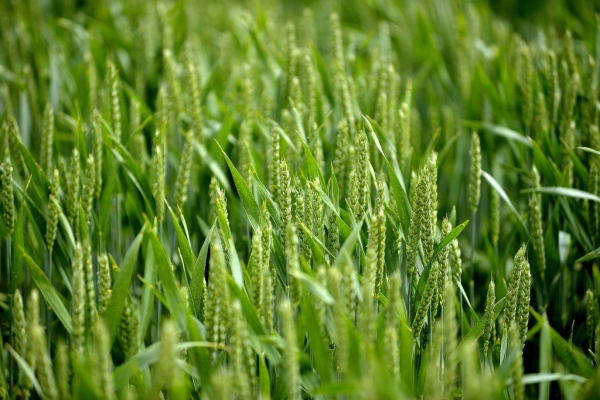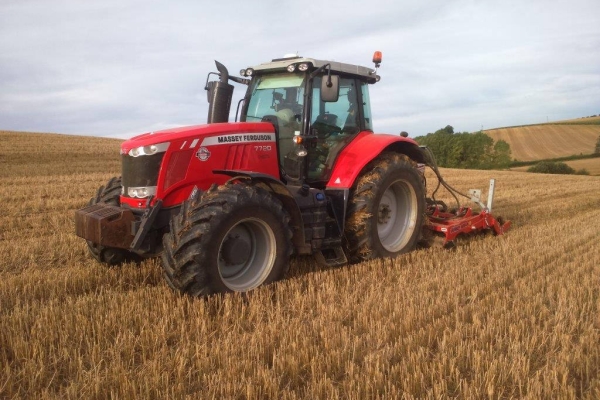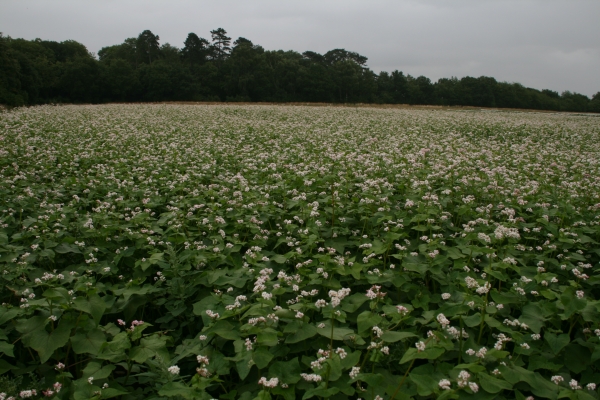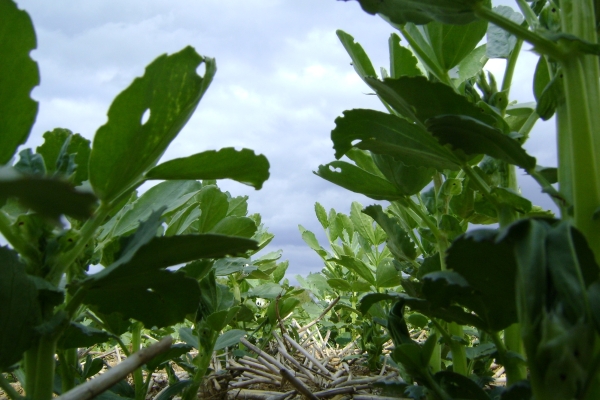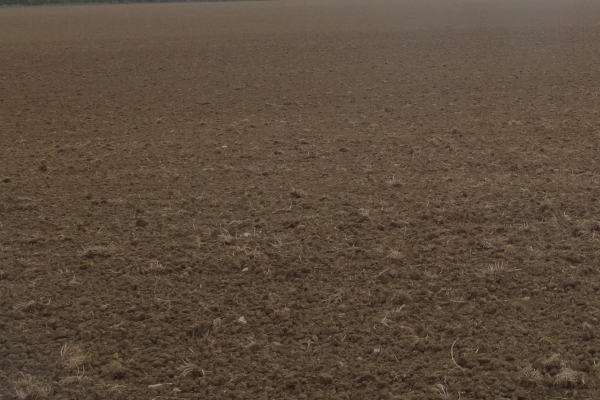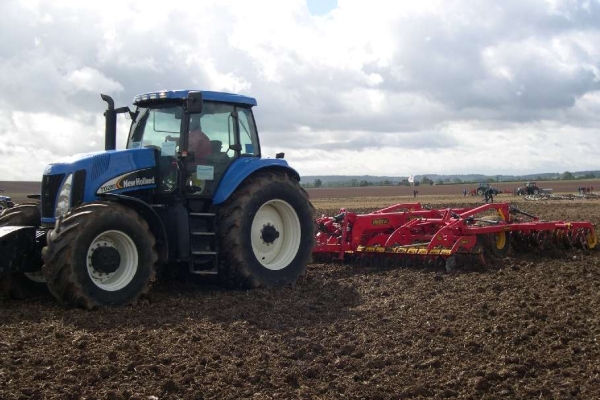Contrasting soil tillage effects on UK organic spring wheat
Resource explained
This poster outlines results from a study conducted at the Royal Agricultural University’s (RAU) organic Harnhill Manor Farm that looked at the effects of tillage on soil bulk density, development of weed species, and wheat yields under organic systems. Conventional tillage (CT) was compared with low residue non-inversion tillage (LRNiT) and high residue non-inversion tillage (HRNiT). Alongside soil bulk densities and wheat dry matter and yields, levels of dry matter (DM) for both broad leaved and grass weeds were recorded. The study was carried out in the knowledge that frequent conventional tillage can potentially damage soil structure and quality, while non-inversion tillage can potentially bring improved movement of nutrients, soil water holding capacity, and improved soil structure and biological activity. However, it can also bring many challenges such as soil compaction (indicated by soil bulk density levels), weeds and inconsistent crop yields.
Findings & recommendations
- The study ran from March 2013 to August 2013. Spring wheat cv. Paragon was drilled in April 2013 and harvested in August.
- A significantly higher broadleaf weed DM was recorded with more tilled soils. However a higher amount of grass weed DM was recorded with less tilled soils (under HRNiT).
- The higher soil bulk density and increase in total weeds (of broadleaf and grass) corresponded with a decrease in wheat yields.
- Increasing the tillage intensity was found to improve the crop yields and also largely reduce problematic grass weeds, therefore CT was shown in this study to be a more dependable option.
- Increasing the tillage intensity (with CT and LRNiT) significantly lowered the soil bulk density after tillage (which would make the soil less restricting for root growth). The soil bulk density recorded on the HRNiT plots was highest, and is likely to have contributed to the lower levels of wheat DM and grain yields.
Also see ‘Performance of UK organic spring wheat and contrasting soil tillage: yield and economic impact.’
(Header image: Drills used for establishing spring wheat: power harrow combination drill, minimum tillage Vaderstad drill, & Ecodyn direct drill. Photo credit: RAU)
